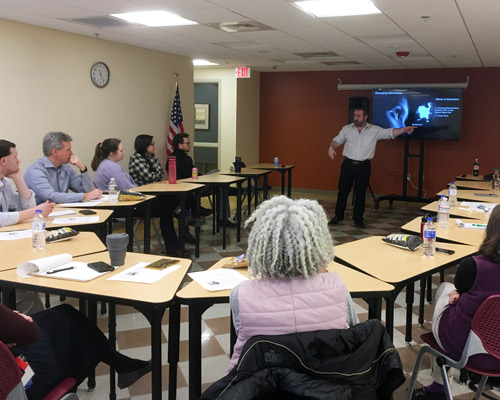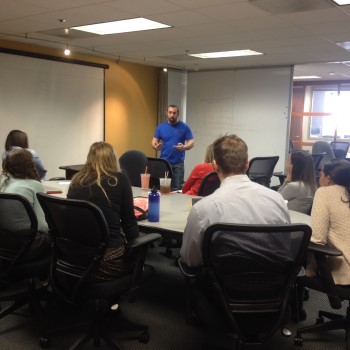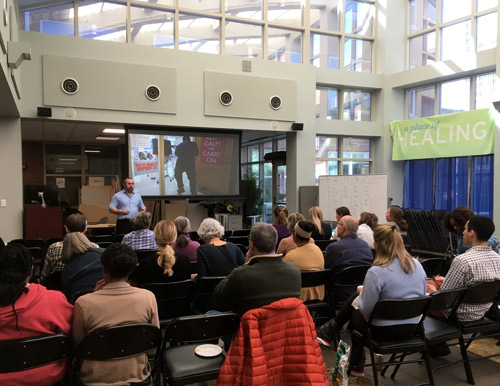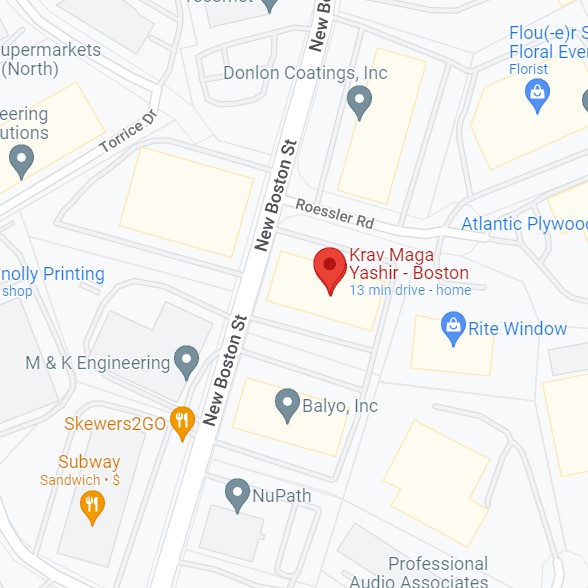Recognizing Sexual Assault Awareness Month (SAAM)
 Sexual Assault Awareness Month (SAAM) is observed every April as a time to raise awareness about sexual violence and advocate for prevention efforts that can create safer communities.
The movement to address sexual assault has grown over recent decades and has been shaped by survivors of sexual violence, activists who try to draw attention to this societal problem,
and enterprises and organizations who are both committed to supporting those affected and educating the public on ways to prevent future harm. SAAM (Sexual Assault Awareness Month)
serves as an opportunity for individuals, workplaces, schools, and community organizations etc., to engage in meaningful discussions, promote education around consent, as well as supporting
survivors in their journeys, as they look to overcome the psychological and emotional trauma that is the direct result of a sexual assault.
Sexual Assault Awareness Month (SAAM) is observed every April as a time to raise awareness about sexual violence and advocate for prevention efforts that can create safer communities.
The movement to address sexual assault has grown over recent decades and has been shaped by survivors of sexual violence, activists who try to draw attention to this societal problem,
and enterprises and organizations who are both committed to supporting those affected and educating the public on ways to prevent future harm. SAAM (Sexual Assault Awareness Month)
serves as an opportunity for individuals, workplaces, schools, and community organizations etc., to engage in meaningful discussions, promote education around consent, as well as supporting
survivors in their journeys, as they look to overcome the psychological and emotional trauma that is the direct result of a sexual assault.
Organizations can play a crucial role in recognizing Sexual Assault Awareness Month by fostering an environment where conversations about consent, boundaries, and respect are prioritized. One of the most effective ways to observe SAAM is through education, training and awareness campaigns. Providing employees, students, or community members with resources on sexual violence, bystander intervention, and survivor support etc. Engaging in such activities can contribute to a more informed and proactive society. Hosting workshops, inviting guest speakers, trainers and/or sharing informational materials through social media and internal communications are impactful ways to spread knowledge and encourage dialogue.
 Beyond education, organizations can demonstrate their commitment to SAAM by creating policies that support survivors and promote a culture of respect and safety. Workplaces, universities, and
other institutions can review their reporting procedures, ensuring that survivors feel safe and supported when coming forward. Transparency in policies, along with providing access to trained
advocates or confidential reporting systems, fosters trust and reassures individuals that their concerns will be taken seriously. Establishing a zero-tolerance stance on harassment and assault
reinforces the message that such behavior will not be tolerated.
Beyond education, organizations can demonstrate their commitment to SAAM by creating policies that support survivors and promote a culture of respect and safety. Workplaces, universities, and
other institutions can review their reporting procedures, ensuring that survivors feel safe and supported when coming forward. Transparency in policies, along with providing access to trained
advocates or confidential reporting systems, fosters trust and reassures individuals that their concerns will be taken seriously. Establishing a zero-tolerance stance on harassment and assault
reinforces the message that such behavior will not be tolerated.
Community engagement is another powerful way to recognize SAAM. Partnering with local advocacy groups, shelters, or crisis centers can amplify efforts and provide direct support to those in need. Organizations can encourage fundraising initiatives, donation drives, or volunteer opportunities to assist survivor support services. Public demonstrations of solidarity, such as lighting buildings in teal—the official color of SAAM—or organizing awareness walks, can visually reinforce the commitment to ending sexual violence.
 A trauma-informed approach is essential when addressing SAAM. Sensitivity to the experiences of survivors is key, ensuring that awareness efforts do not inadvertently retraumatize those affected.
Organizations should prioritize survivor-centered messaging, avoiding graphic descriptions of violence while focusing on empowerment, healing, and prevention. Language that emphasizes support,
such as "We believe survivors" or "Your voice matters," helps create an environment of trust and validation.
A trauma-informed approach is essential when addressing SAAM. Sensitivity to the experiences of survivors is key, ensuring that awareness efforts do not inadvertently retraumatize those affected.
Organizations should prioritize survivor-centered messaging, avoiding graphic descriptions of violence while focusing on empowerment, healing, and prevention. Language that emphasizes support,
such as "We believe survivors" or "Your voice matters," helps create an environment of trust and validation.
Social media campaigns can also be a powerful tool during SAAM, as they allow for widespread engagement and accessibility. Organizations can use their platforms to share survivor stories (with consent), highlight statistics that underscore the prevalence of sexual violence, and provide resources for those seeking help. The use of hashtags such as #SAAM and #EndSexualViolence can help messages reach a broader audience and foster online solidarity.
Recognizing SAAM is not just about raising awareness in April but committing to year-round efforts that prevent sexual violence and support survivors. By prioritizing education, policy improvements, community engagement, and survivor-centered messaging, organizations can play an active role in creating a culture of safety and respect.
Please feel free to contact us- using the form below – about how we can help your organization recognize Sexual Assault Awareness Month (SAAM).
Please fill out the form below, and a representative will get back to you shortly, to discuss your training and/or consultancy needs.
Women's Self Defense Boston Location
SEPS Women's Self-Defense Boston, is located, at the following address, just North of Boston off of I-93 North (exit 30) and I-95 South (exit 54).


 WOMEN'S SELF-DEFENSE BOSTON
WOMEN'S SELF-DEFENSE BOSTON